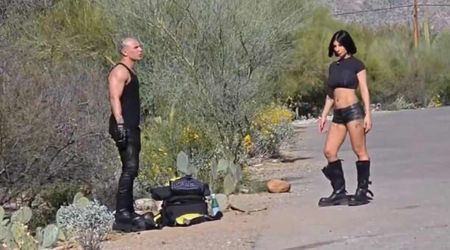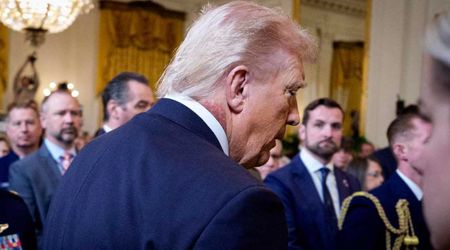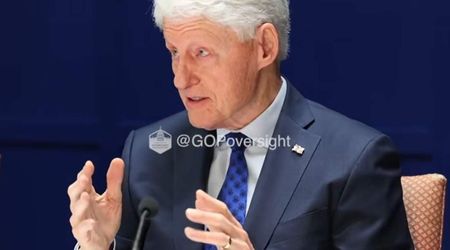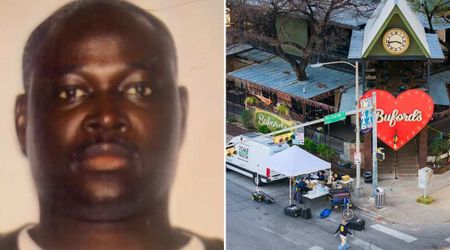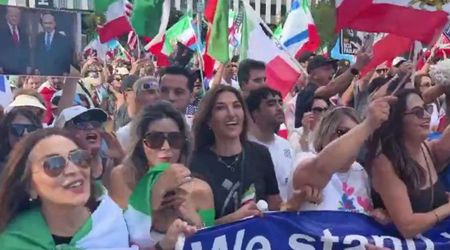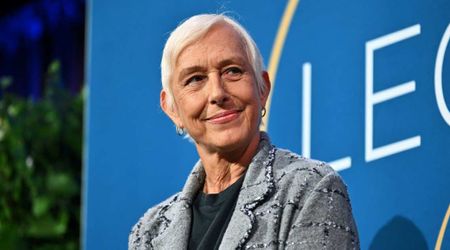Experts find 'No Kings' rallies were largely comprised of a single demographic
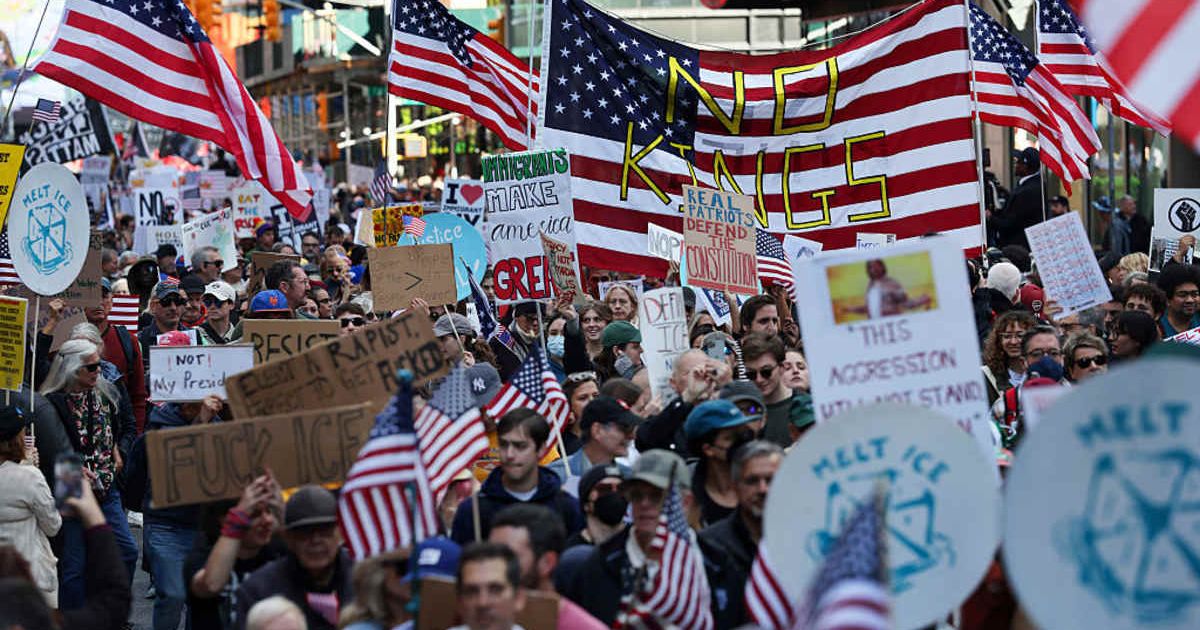
WASHINGTON, DC: The recent "No Kings" rallies in Washington, DC, and across the country were geared toward denouncing President Donald Trump's perceived "kingship" and authoritarianism. The protests were characterized by inflatable costumes and an extremely precise demographic: White women in their 40s who are educated.
Psychotherapist Jonathan Alpert described the movement as an expression of the blurring lines between emotional catharsis and public participation, observing it as "a kind of group therapy playing out in the streets."
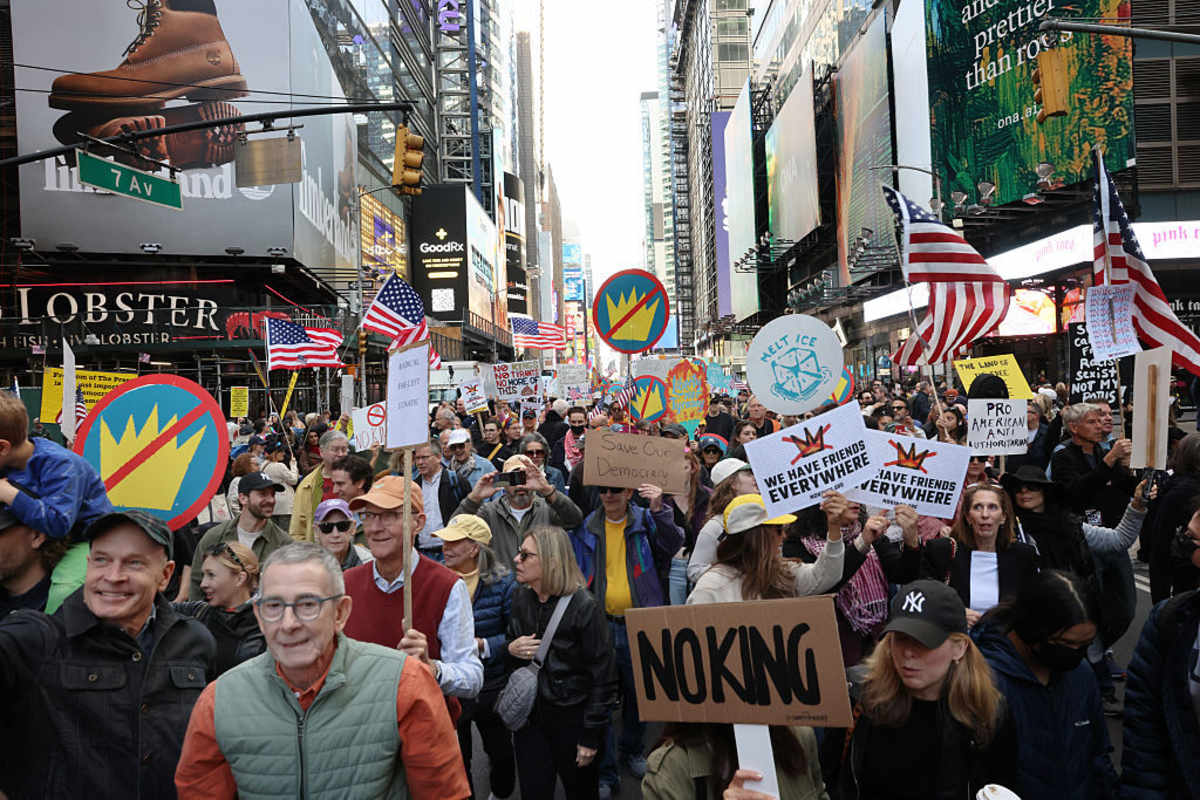
'No Kings' movement allows people to feel a sense of belonging
According to American University researchers who follow protest movements, and whose findings were first reported by Axios, the average participant at the DC "No Kings" rally was an educated White woman in her 40s who heard about it mostly through social networks and friends. This demographic information indicates a homogeneous crowd.
The movement itself, Alpert argued, is inherently linked to a fundamental human desire for collective experience. He told Fox News Digital that "The 'No Kings' movement allows people to feel belonging and community."
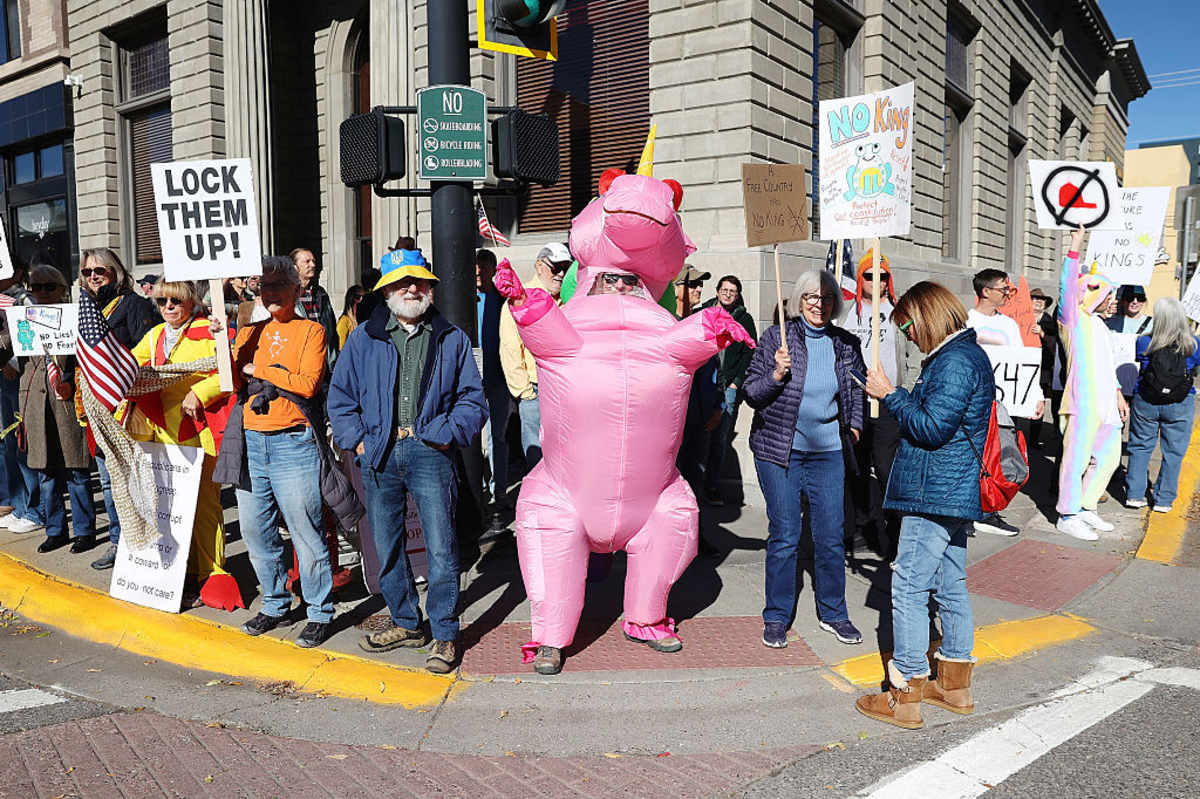
Alpert added, “Sharing grievances with like-minded people feels good, but it doesn’t necessarily change anything." This quest for connection is, according to his opinion, key to understanding the "No Kings" phenomenon.
He said, "People are craving community, and this gives them a place to channel that. They’re surrounded by others who validate how they feel, and that validation can be addictive."
Such a need for validation can contribute to a distorted viewpoint, as Alpert noted: "Some protesters are equating the ‘No Kings’ movement with the Civil Rights Movement. In their minds, there’s an equivalency, but there really isn’t. They want to be part of something historically meaningful, and that longing can distort perspective."
'No Kings' rallies see a blurring of emotional catharsis and civic activism
The psychotherapist further mentioned that he found these demonstrations a "snapshot of an era when emotional catharsis and civic activism have begun to blur." This blurring can also be observed in the pervasive use of "therapy speak" in contemporary culture.
Alpert, author of the soon-to-be-released book ‘Therapy Nation’, said, "Therapy speak is everywhere — in dating apps, on the news, even in political rallies." He added, "People start labeling others as narcissists or traumatized when those aren’t clinical diagnoses."
“I tried to get a Portland frog outfit and they were sold out until November!”
— Mother Jones (@MotherJones) October 18, 2025
Frogs, axolotls, and at least one giant pink hippo made its way through Manhattan on Saturday, alongside thousands of others, part of the nationwide “No Kings” rallies.
Follow us for more No Kings… pic.twitter.com/nh4AnFiJTH
Alpert suggested that the fleeting emotional release felt at these rallies can sometimes obscure underlying personal issues. "A lot of times people are unhappy in their own lives. They may have anxiety or anger, and they project that onto others. That’s partly what we’re seeing play out at these rallies," he said.
Rallygoers took over streets in inflatable costumes
One of the unique aspects of the October 18 rallies was watching people wearing inflatable costumes, such as frogs, T. rexes, elephants, and chickens, all over the streets. Supporters said they used the costumes as a powerful, yet peaceful, means of drawing attention to their cause.
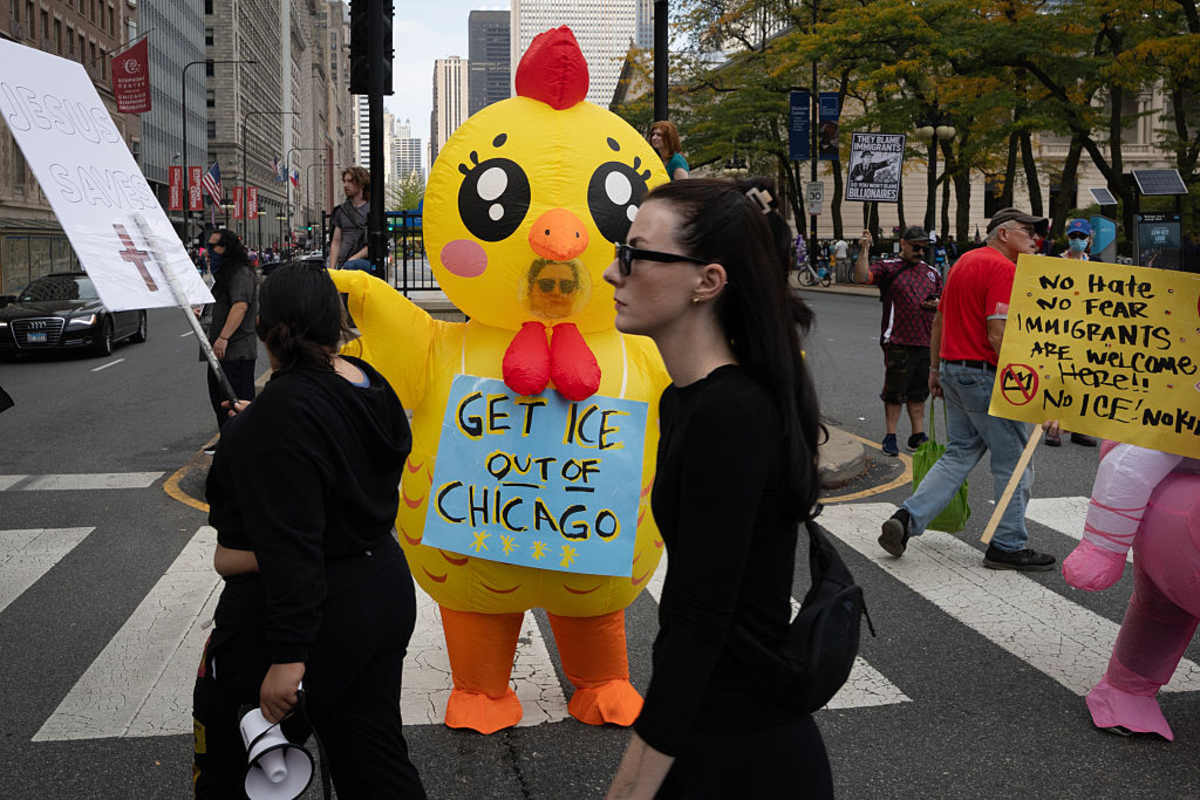
The practice apparently began in Portland, Oregon, during Immigration and Customs Enforcement (ICE) raids. Protestor Claudia Schultz, who was dressed in an inflatable pig costume, told the Miami Herald, "They want us to be violent, You can’t get any less violent than this."


